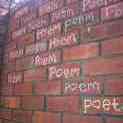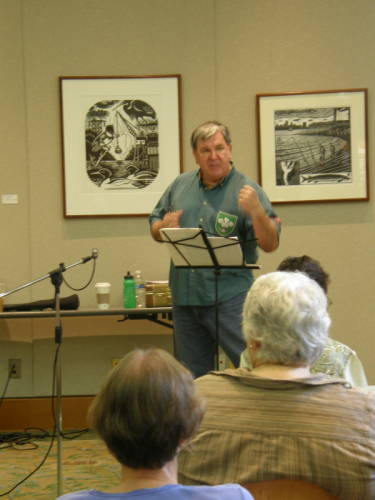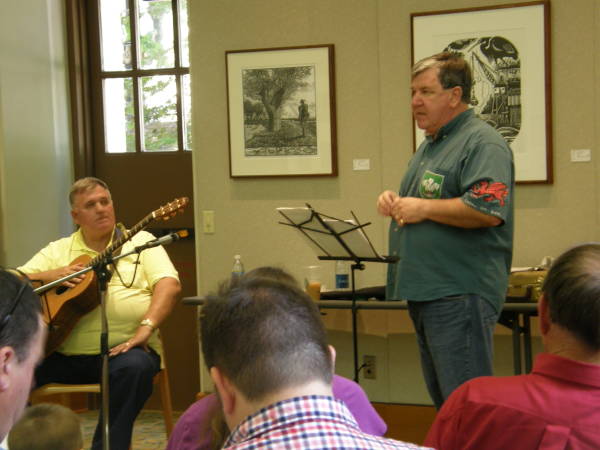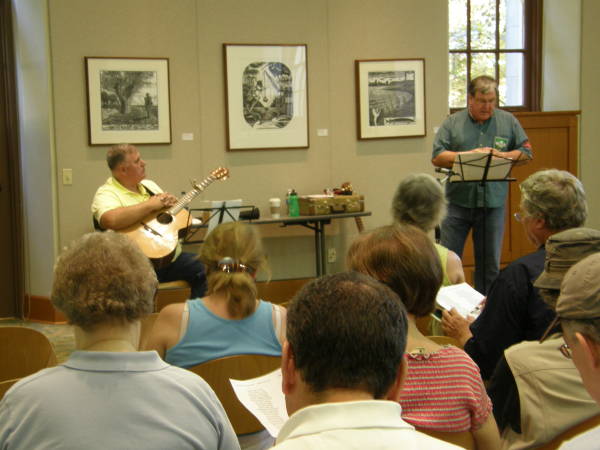Blogs
And The Winner Is.......( Left Coast Eisteddfod Poetry Competition- Welsh Language Category )
By Ceri Shaw, 2009-09-15
| Adjudication by John Good Cadwyn ywr isdeitl ar Hanes a chadwyn ydy hi, gydar dolenni (cysylltiau) rhwng y geiriau, yn dibynnu ar ba eiriau yr ydych chin dewis eu clymu'i gilydd, yn newid yr ystyr(on). Yr oeddwn yn awgrymu cyfieithiadau am y rhestr, ond maen lan i chi wneud y gwahanol gadwyni! A Chain is the subtitle of this poem and thats what it is. With the links (connections) between the words, depending on which words you choose to tie together, changing the meaning(s). I have suggested translations for the list but its up to you to make the different chains! Hanes (gan Elizabeth Barrette ) a chain poem
|
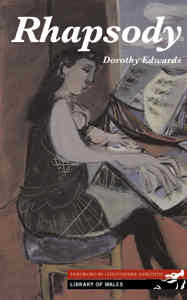 "I am killing myself because I have never sincerely loved any human being all my life. I have accepted kindness and friendship, and even love, without gratitude and given nothing in return." Cardiff Times 13th January 1934
"I am killing myself because I have never sincerely loved any human being all my life. I have accepted kindness and friendship, and even love, without gratitude and given nothing in return." Cardiff Times 13th January 1934
So read the suicide note found on Dorothy Edwards' body after her tragic death in January 1934.
This fine collection of short stories amply demonstrates why, had she lived longer, she might have been hailed as the Welsh Chekhov. Each one is a finely crafted gem although none of them could count as cheery companions for a vacation trip. Many of her characters demonstrate the same eerie and unsettling sense of detachment from their own lives which is evident in the suicide note quoted above. They are frequently consumed with a passion for music which seems to act as a surrogate for genuine emotional attachments. Their enthusiasm for the "life of the mind" seems to preclude and eclipse meaningful human relationships.
It was fashionable in the early 70's to evaluate artists and authors in terms of psychological diagnostic categories and many including Sylvia Plath and even Dylan Thomas were labeled as 'schizoid' by literary critics of that era.. However flawed such critical practices may be the label does seem to throw some light on both Dorothy Edwards and many of her characters.
In the first of these tales, the eponymously titled "Rhapsody" George Everett is introduced in the following terms:- "His face wore a curious expression, as if he were listening all the time to something intensely illuminating but scarcely audible, or as if he were experiencing some almost intolerably sweet emotion, and he seemed to be imploring you 'Please don't interrupt me for a moment; it will soon be over.' Later in the book after his wife's death his reaction to this tragic event is characterized thus:- " Everett behaved at her death very much as he had behaved when she was ill. He was vaguely sorry for her, but he did not altogether understand what was expected of him."
This collection, which includes three stories not published or excluded from the original 1927 edition, abounds with characters who are similarly emotionally crippled or repressed.
As Christopher Meredith says in his excellent introduction to this Parthian/Library of Wales edition:- " Fashion for re-readings according to various theories have helped critics to rediscover her from time to time, but I believe that Dorothy Edwards is a great deal more than an interesting literary case. She's an important, utterly original modernist. Whichever way you read her, she's the extraordinarily accomplished author of powerful and suggestive fictions."
In echoing these sentiments I can only add that as an avid fan of the short story genre these must rank amongst the finest I have read in many years.
--------------------------------------------------------------------------------------------------------------------------------
For the morbidly curious the approximate site of her tragic death can be viewed in the Google Map linked below. Railway Terrace and the "Allotments" ( Community Gardens ) referred to in the "Cardiff Times" article linked above are still there. To the best of my knowledge there is no plaque to mark the spot. Perhaps there should be?
|
One of the highlights of the recent Left Coast Eisteddfod in Portland , Oregon was a talk given by John Good at the Central Library on the subject of Welsh language poetry. This event was well attended and the talk and the impromptu musical performances which both followed and preceded it were recorded for posterity as a podcast and can be accessed and enjoyed at the following url:- John Good at Portland Central Library . ( There are some problems with sound reproduction in the opening minutes of the recording......please be patient.) John Good's CD - "The First 1500 Years of Welsh Poetry" can be purchased from the Oceans Apart site. John Good at The Left Coast Eisteddfod
|
"Ieuan The Lion Memorial Fund" Supports the children of Wales who are suffering from Cancer, Life Threatening illnesses and Disabilities.
By Wayne Yendle, 2009-09-13
Six language Welsh prisoner of war arrested as spy suspect because he had very little English
By Byn (Bynbrynman)Tavarn Ty Elise, 2009-09-11

